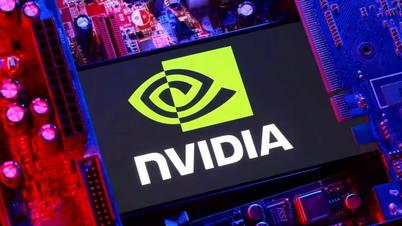Phishing has long been a favorite weapon of hackers in the cyber world . It serves as a prelude to various attacks, enabling the theft of credentials, infrastructure breaches, and operational disruptions.

The rise of pre-trained machine learning (GPT) models has created a new risk aspect for the cybersecurity landscape. GPT is a large language model and the leading framework for generative AI.
The ability to generate convincing artificial text on a large scale has raised concerns among security experts. This could have a significant impact on AI-powered phishing, email phishing, including business email (BEC) breaches.
Phishing attempts operate by deceiving end users into believing emails originate from a legitimate entity. GPT (Generic Persistent Threat) can facilitate this process by generating responses that are stylistically and linguistically appropriate, leading recipients to mistakenly believe they are interacting with a trusted colleague or individual. This makes it increasingly difficult to distinguish between machine-generated and human-generated text in messages.
Although tools are currently available to identify machine-generated text, we must be prepared for a scenario where GPT evolves to bypass these protections. Furthermore, hackers could leverage GPT-like patterns to create images, videos , or target specific industries, further increasing cybersecurity risks.
To mitigate these threats, individuals and organizations need to deploy AI-powered email protection solutions early on. AI can effectively combat modern cybercrime tactics and identify suspicious activity.
Multi-factor authentication (MFA) and biometric identification methods can enhance security, providing an additional layer of protection against hacker intrusions.
In addition to technological measures, ongoing training and awareness programs are crucial to improving the human element in the face of phishing attacks. Human experience and vigilance will help in recognizing and responding effectively to phishing attempts. Gamification and simulation can be used to raise awareness and identify users at risk of cyberattacks.
Given the increasing prevalence of GPT-driven phishing campaigns, organizations must proactively enhance their cybersecurity. By understanding the capabilities of GPT technology and implementing robust security measures, we can effectively defend against this growing threat of AI-powered phishing.
(according to Barracuda)
Source












































































































Comment (0)